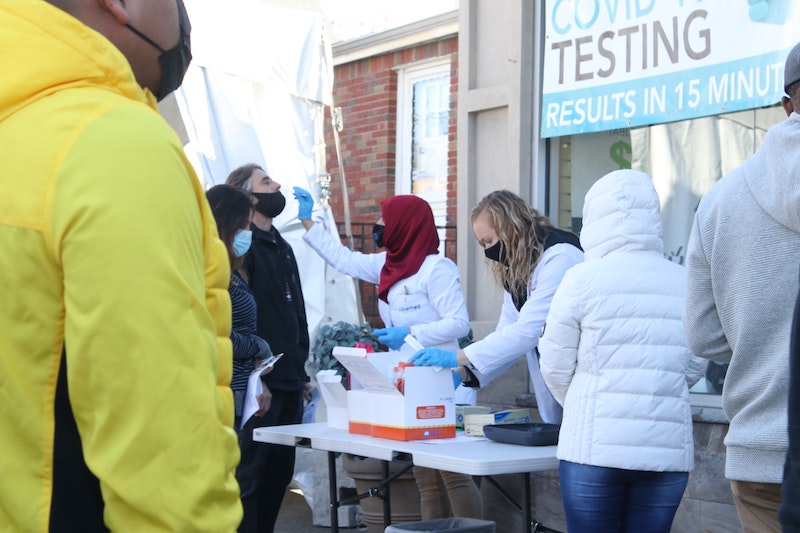Someone asked me what I would do if I was in charge during the COVID-19 crisis. Here is my answer.
First, we should treat every metropolitan area separately at this point, as we likely have little cross contamination because of the dramatically reduced travel and everyone having concerns about the virus. Just people knowing about the virus has already changed behavior dramatically and reduced the spread. We just aren’t willing to wait 20 days to see the impact of the virus, so we keep ratcheting up what we are doing every day, even though we intellectually know it won’t show up for 20 days. It makes the leaders feel like they are doing something.
For Austin, I would have taken a whole bunch of actions that had relatively little economic cost. Isolating seniors and other high-risk categories, eliminating large gatherings, tracking of infected patients as they did in South Korea, testing as much as possible, telling people that feel symptoms to self-isolate unless the symptoms were severe, preparing extra hospital capacity and supplies etc.
Here’s what I would not have done: Closed any businesses, eliminated dining, closed schools. Each of these have HUGE economic costs that will result in more lost years of life than the virus. We should be talking about lost years of life instead of deaths. Because we talk about death, it triggers a deep emotional response. We can’t stop people from dying by curing COVID-19; we only increase their lifespan. Everyone dies, but poverty and stress and mental health issues will cost us more lost years of life than the virus. Restaurants in this country employ 15.6 million—mostly low-wage people (who also eat free food in those restaurants)——and a large percentage are unemployed today and wondering how they will buy food and pay rent next week.
These are difficult and complex decisions, but shutting down the country’s economy indefinitely has long-term effects that many people are not currently recognizing.





0 Comments